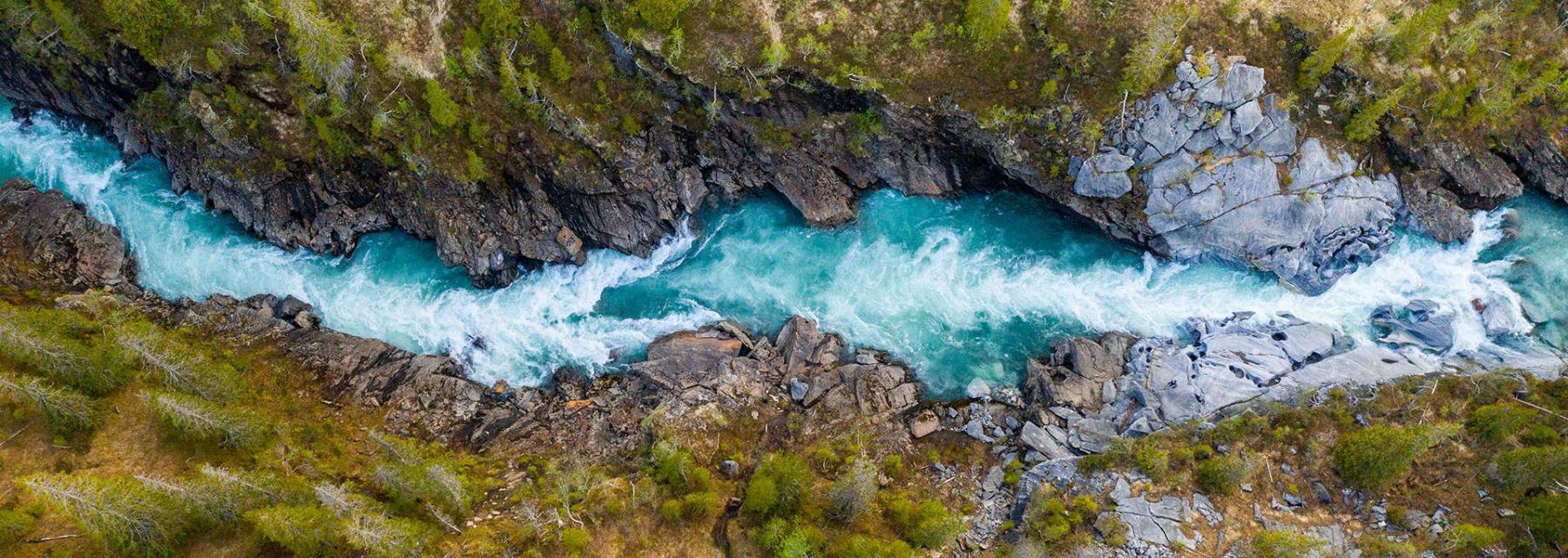
Removing Oil From Water
by Vickie Campbell
In this lesson, students will understand the impact of oil spills in the ocean. They will work cooperatively to come up with solutions and materials to clean up a simulated oil spill. Students will also hypothesize, manipulate, measure, and calculate how much oil can successfully be removed using predicted materials.
Lesson Plan Link/URL
https://docs.google.com/presentation/d/1HNSVbNbIXOlrvX7l90_wndJQTkgoSi2fCLEQng6…Subject Area
Science Earth and Space Science E1: Earth Systems E2: Earth & the Universe Technology 3. Knowledge Constructor Mathematics Measurement and Data (MD) Ratio and Proportion (RP) Number & Quantity (N) English Language Arts (ELA) Writing Speaking & Listening
Featured
Off
Related Content

Grades:
3rd Grade, 4th Grade, 5th Grade, 6th Grade, 7th Grade, 8th Grade, 9th Grade
Engineers often create small-size models of a new product to test its design. This is especially true with airplanes. Model testing tells engineers how a design responds to different air conditions

Grades:
Kindergarten, 1st Grade, 2nd Grade, 3rd Grade, 4th Grade, 5th Grade, 6th Grade, 7th Grade, 8th Grade
Most students are likely familiar with popular films like Happy Feet, Surf’s Up, Penguins of Madagascar, and classic books like Mr. Popper's Penguins. Capitalizing on this familiarity with penguins

Grades:
3rd Grade, 4th Grade, 5th Grade, 6th Grade, 7th Grade, 8th Grade, 9th Grade, 10th Grade, 11th Grade, 12th Grade
In this hands-on lesson, students use the engineering design process (EDP) to create a prototype of a device that can prevent squirrels from accessing a bird feeder. This is a great way to integrate